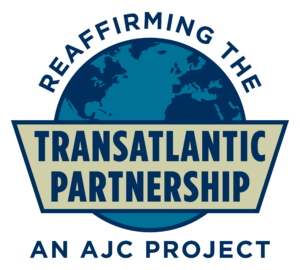
Credit: ACUS
Since 1945, the world has seen the longest period of general peace between great powers since Roman times, widespread and deepening prosperity, and expansion of democracy, argues the Atlantic Council’s Daniel Fried.
For all its flaws, the achievements of the rules-based system, also known as the Free World system, looks pretty good measured by the competition: communism, fascism, or the nationalism of pre-1914 Europe, he writes for The Atlantic:
 Starting in the Carter administration and much more under President Ronald Reagan, the U.S. supported democratic dissent in the Communist bloc, including Poland’s Solidarity trade union. Reagan especially was unwilling to accept the “realist” axiom that the U.S. should tacitly accept Moscow’s sphere of influence in the eastern half of Europe. With American support, the people of those countries overthrew communism and helped end the Cold War on American, Western, and democratic terms. Following the collapse of the Iron Curtain, the U.S. and its Western Allies welcomed the liberated nations of Central and Eastern Europe into nato and the European Union, bringing 100 million people into an undivided Europe.
Starting in the Carter administration and much more under President Ronald Reagan, the U.S. supported democratic dissent in the Communist bloc, including Poland’s Solidarity trade union. Reagan especially was unwilling to accept the “realist” axiom that the U.S. should tacitly accept Moscow’s sphere of influence in the eastern half of Europe. With American support, the people of those countries overthrew communism and helped end the Cold War on American, Western, and democratic terms. Following the collapse of the Iron Curtain, the U.S. and its Western Allies welcomed the liberated nations of Central and Eastern Europe into nato and the European Union, bringing 100 million people into an undivided Europe.
Happily, the past century of American foreign policy provides two tested alternatives to unilateralism: realist internationalism rooted in alliances, and commitment to a rules-based international order that favors democracy, adds Fried, a board member of the National Endowment for Democracy. The former can provide a tactical framework for a steady foreign policy, but if pushed too far tends to falter in practice. The strategic ambition of the latter can be misapplied, but has supported some of the best American world leadership over the past 100 years. RTWT







